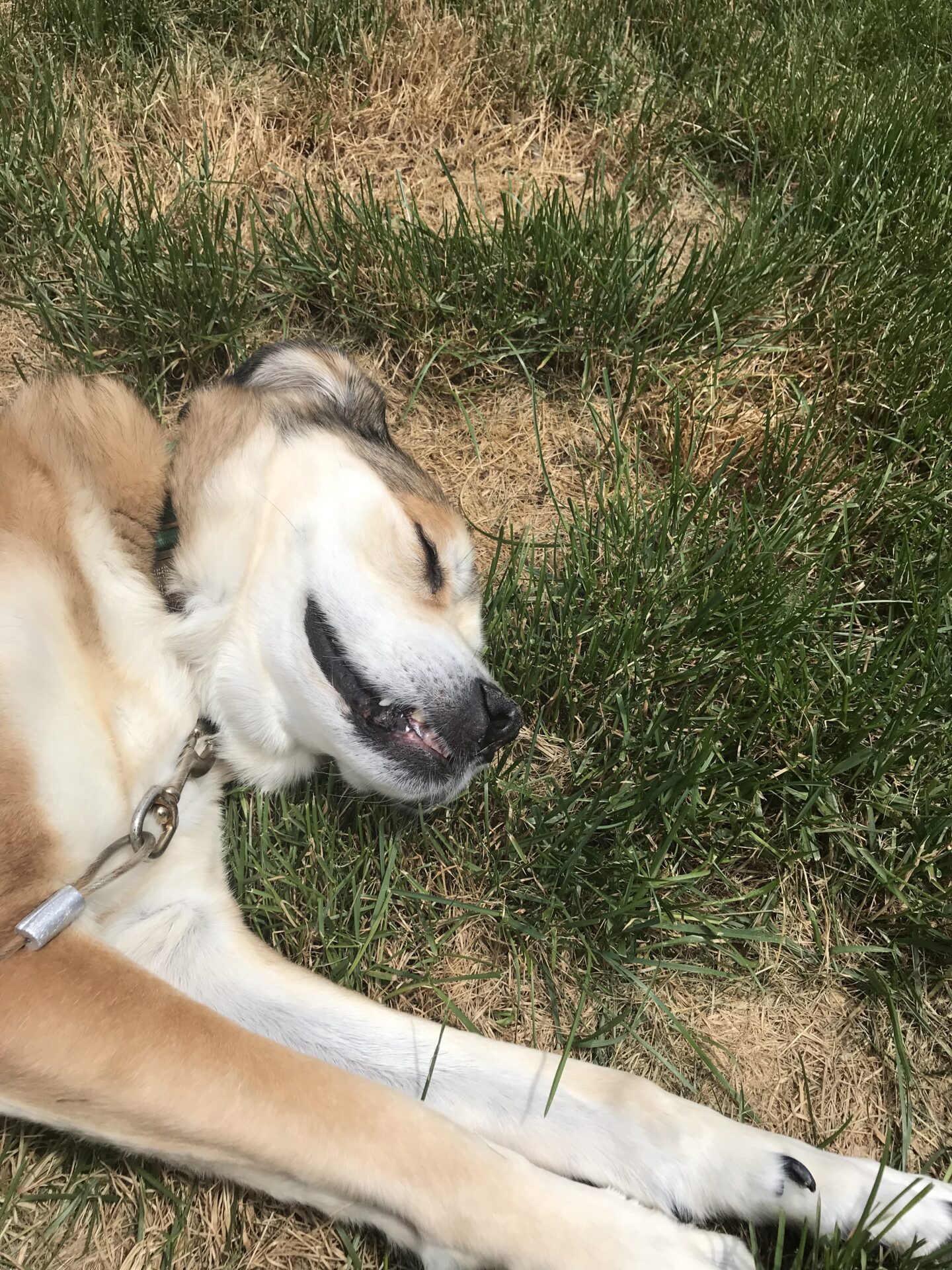ANIMAL CHIROPRACTIC IS:
ANIMAL CHIROPRACTIC IS NOT:

What might cause my dog to have a vertebral subluxation complex (VSC)?
What are some signs that my dog may have a VSC?
What might cause my horse to have a vertebral subluxation complex (VSC)?
What are some signs that my horse may have a VSC?

When Should I Seek Treatment?
If your animal is experiencing any of the above issues, it may be time for you to consult with your veterinarian to discuss having a chiropractor evaluate your beloved family member. In most cases, animals do not begin developing symptoms until weeks, or even months after the initial phases of the subluxation. The focus of chiropractic is to assist the body, specifically the nervous system, to ensure the signals to and from the brain to the rest of the body are functioning at optimal levels. Just like humans, animals are constantly experiencing a variety of stressors including physical, mental and chemical variables which can lead to poor communication of these signals. When this occurs, a common result is decreased motion of the affected joint, an increase in inflammatory response, inhibited nerve function and muscle atrophy, or simply put, a subluxation. Having regular chiropractic care will minimize these issues, ensuring you a happy animal with more motion, less pain and a higher quality life!
Disclaimer
Animal chiropractic is not intended to replace traditional veterinary care. Animal chiropractor do not dispense medication, perform surgery, inject medications. Underlying pathology should be ruled out prior to an animal chiropractic evaluation. Animal chiropractor are not veterinarians and work in adjunct to traditional veterinary care.

